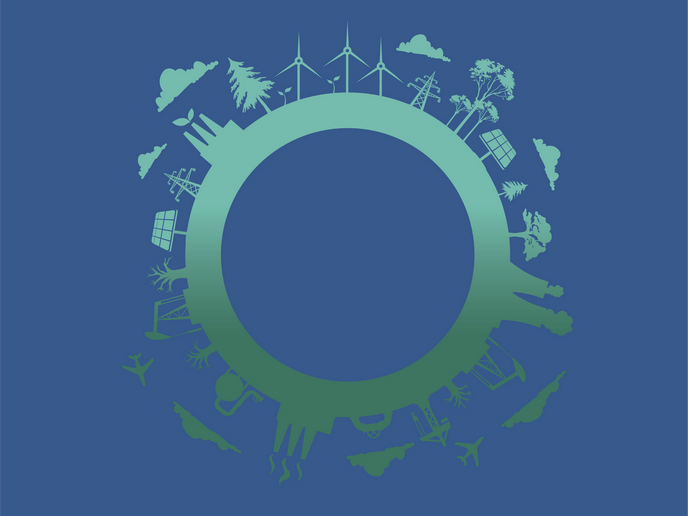Reviewing recommendations and roadmap for climate change
The EU-funded project 'Governance and agents in institutional architecture on climate and energy' (GAIA) set out to draw a clear map on the effectiveness of various ongoing initiatives on climate change and energy issues, both within and outside the UN framework. The project has examined actors and governance related to business, industry, NGOs, authorities, scientific networks and international organisations. Subjects investigated included green-house emissions and environmental effectiveness of institutions in general. The results are expected to have an impact on the actual design of post-2012 mid- to long-term institutional structures on climate change and energy. They will contribute to scientific development in such disciplines as political science and international relations, and environmental policy studies. In its investigations, GAIA elaborated a set of scenarios involving a combination of actors required for long-term governance architecture on climate and energy issues. For example, it found that solid agenda setting in this field comes from combinations of scientific institutions, NGOs, media and international organisations. The stronger the influence of 'pusher states', the higher the chances of effective negotiated settlements. In parallel, the stronger the lobbying of 'insider' NGOs the higher the chances of effective negotiated settlements. Initiatives in this direction can be greatly supported by strong international organisations and academic communities. Partnerships with NGOs and capacity building by international organisations are also likely to help compliance in developing countries. Collecting data about compliance from independent scientific networks is equally helpful for fostering compliance and governance. GAIA's findings suggested that multilateral commitments by states and business will be stronger if they were included in climate and energy negotiations. Certificate schemes are also recommended, yet with verification by a third party. Unsurprisingly, the project also concluded that shaming and blaming by NGOs, amplified by media and scientific reporting can build or reinforce state implementation. All these conclusions and others established through GAIA can make a solid foundation for the next round of climate negotiations and in tackling energy issues.







